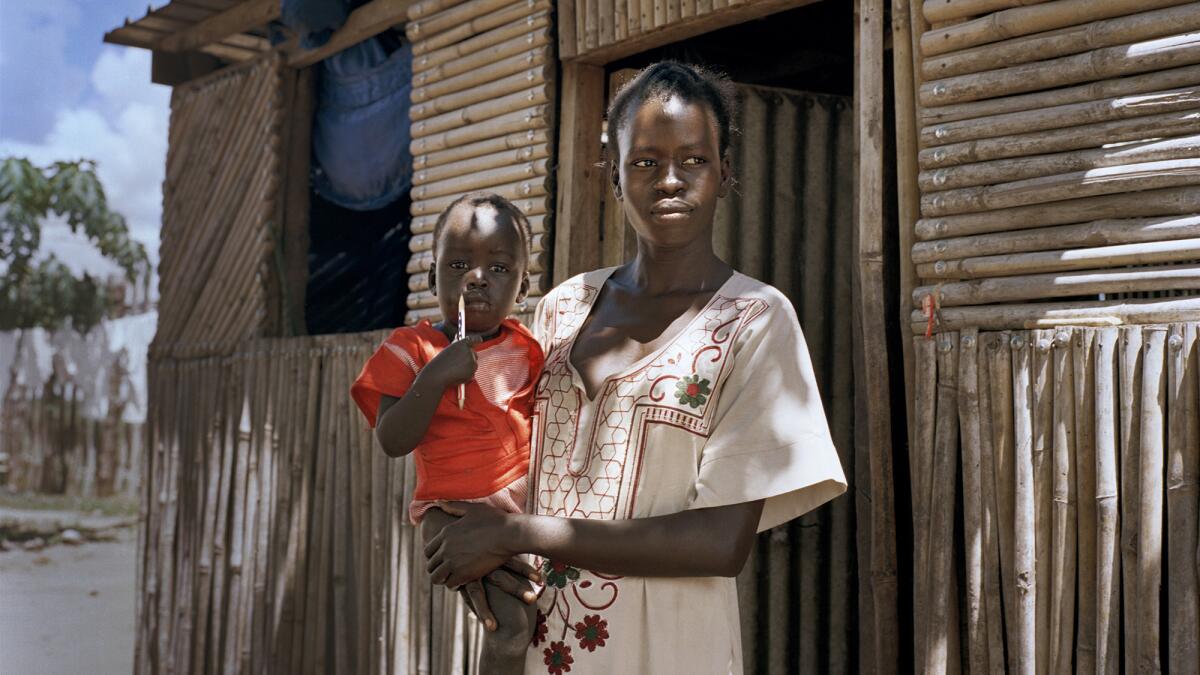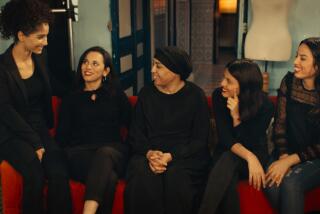Opinion: The price of being a girl in South Sudan

- Share via
To the editor: On the front page of The Times this week was one of the simplest, yet most spectacular photos that I, a designer, have seen. (“What daughters are worth,” August 1)
The portrait of Lucca Poni and her child in South Sudan accompanied a fine article by Robyn Dixon on young girls’ plight in that part of the world.
I had to look twice to be sure it was not a painting.
Photographer Sara Hylton’s attention to subject matter illustrating the article, composition, light and color are worthy of Pulitzer consideration to my mind.
Marty Huyette, Dana Point
..
To the editor: The plight of young daughters in South Sudan is indeed horrific, but their problems stem from war and poverty, not from a culture that commodifies women.
Many undergraduates learn about this in anthropology 101, when they read E. E. Evans-Pritchard’s classic monograph, “Kinship and Marriage Among the Nuer.”
Today’s violence toward daughters in South Sudan represents a crisis of social reproduction triggered by civil war, oil politics, and climate change.
Women of this region are not bought and sold for cash. They are exchanged for lineage-owned cattle understood as socially reproductive “bridewealth.”
When a husband marries a wife she reproduces for his family, perpetuating his lineage while building ties of kinship and marriage between in-laws.
Andrew Apter, Santa Monica
Follow the Opinion section on Twitter @latimesopinion and Facebook
More to Read
A cure for the common opinion
Get thought-provoking perspectives with our weekly newsletter.
You may occasionally receive promotional content from the Los Angeles Times.









